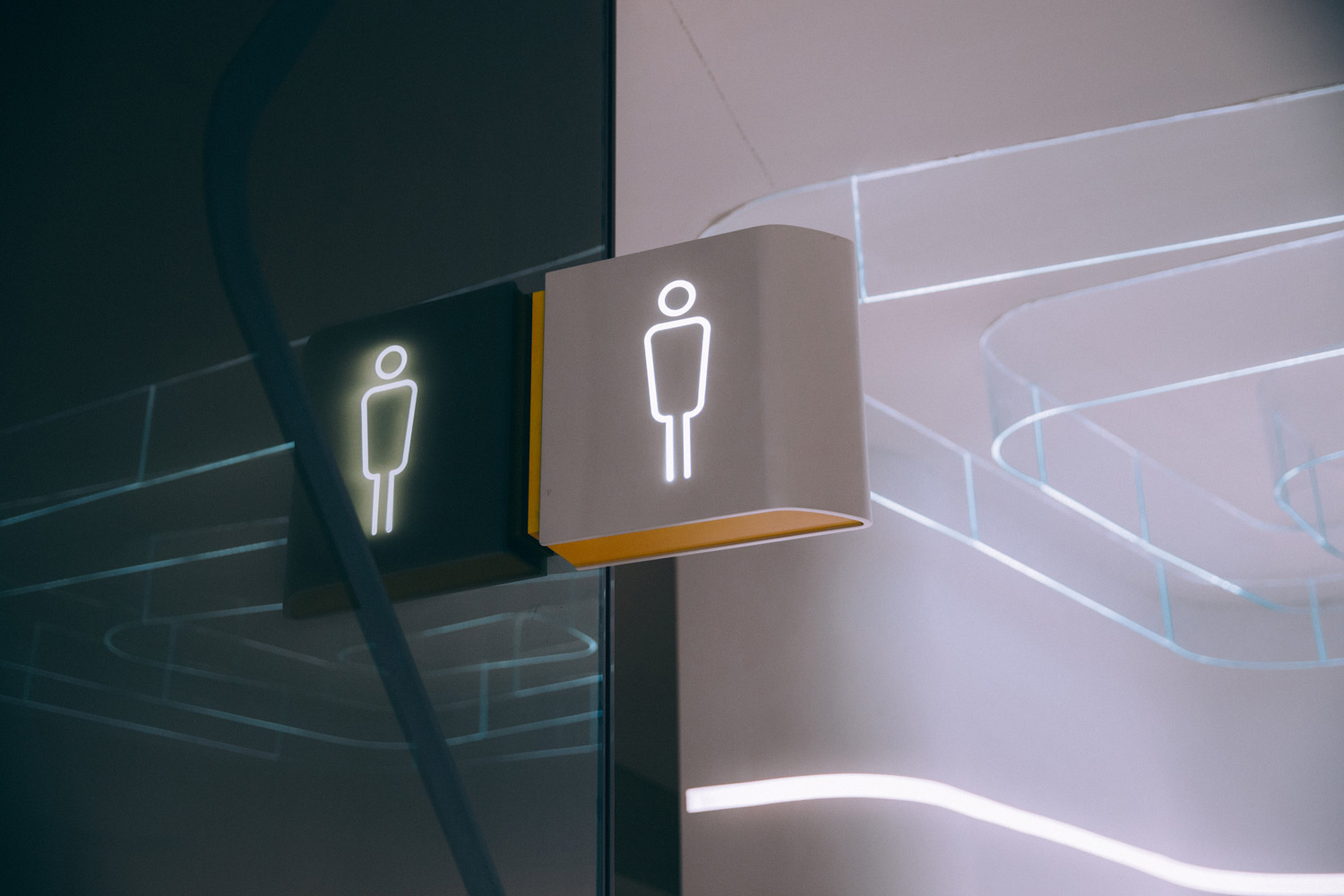Hello Everyone! When speaking with patients during a pelvic floor evaluation, there is often a time during the evaluation when I ask about bladder habits.
 Common questions include how often do you urinate during the day, is there urinary leakage with activity, and do you often have a strong urge to urinate. Often what happens, is a patient will have some bladder dysfunction and not even realize it!
Common questions include how often do you urinate during the day, is there urinary leakage with activity, and do you often have a strong urge to urinate. Often what happens, is a patient will have some bladder dysfunction and not even realize it!
So what is normal bladder function? The ideal number of times to urinate is 6-7x/day, with peeing 0-1x/night.
Though urinating 4-10x/day is also considered normal depending on water or medication intake. Also do you ever pee “just in case?”
The Types of Urinary Incontinence
That is not ideal, and can train your bladder to send increased urge to your brain, even if your bladder is not full. Our bladders are highly trainable, if you go to the bathroom at the first urge to urinate, it can in fact become worse! There are different types of urinary incontinence; Urge, Stress and Mixed.
Urge Incontinence
Is the sudden strong urge to urinate that cannot be delayed. As a result, the bladder can squeeze or spasm (as it is a muscle) and there is a resulting loss of urine. People often just urinate frequently in order to avoid leakage, but this can result in decreased quality of life and anxiety about where the “next restroom is.”
Normally the first urge sent from your bladder to your brain happens when it is about half full, with the second “stronger” urge occurring later on. There are multiple causes of urge incontinence including, bladder cancer, bladder stones, infection, nerve injury, and enlarged prostate. Though there are times you can have severe urge incontinence with no medical cause.
Stress Incontinence
Stress Incontinence is the unintentional loss of urine as a result of stress placed on the bladder. Stress can be caused by coughing, sneezing, jumping, running or heavy lifting. This can happen regardless of how full the bladder actually is.
This can cause people to become embarrassed and isolate themselves, thus decreasing quality of life. Stress incontinence can be caused by multiple factors such as illness that causes coughing often, high impact activities, childbirth and prostate surgery. As a result, the musculature becomes weak and tight, resulting in the inability to keep urine within the bladder as stress is placed on the bladder itself.
Mixed Incontinence
Is a combination of both types of incontinence, where you have the strong urge to urinate, but also have leakage as a result of increased stress placed on the bladder.
It is important to speak with a Medical Doctor to rule out any illness if you are experiencing incontinence of any type. After speaking with a Doctor, it is also helpful to also undergo pelvic floor PT to discuss management strategies to reduce symptoms, as well as reduce tissue tension along the pelvic floor. Feel free to contact the pelvic floor therapists at CSCM if you have any questions about any type of incontinence!
Resources for Incontinence
https://www.bladderandbowel.org/bladder/bladder-conditions-and-symptoms/
https://www.mayoclinic.org/diseases-conditions/urinary-incontinence/symptoms-causes/syc-20352808
